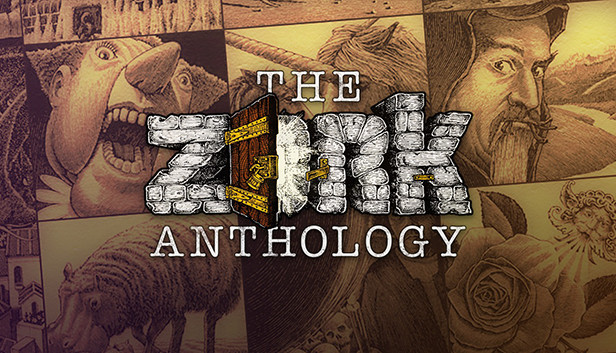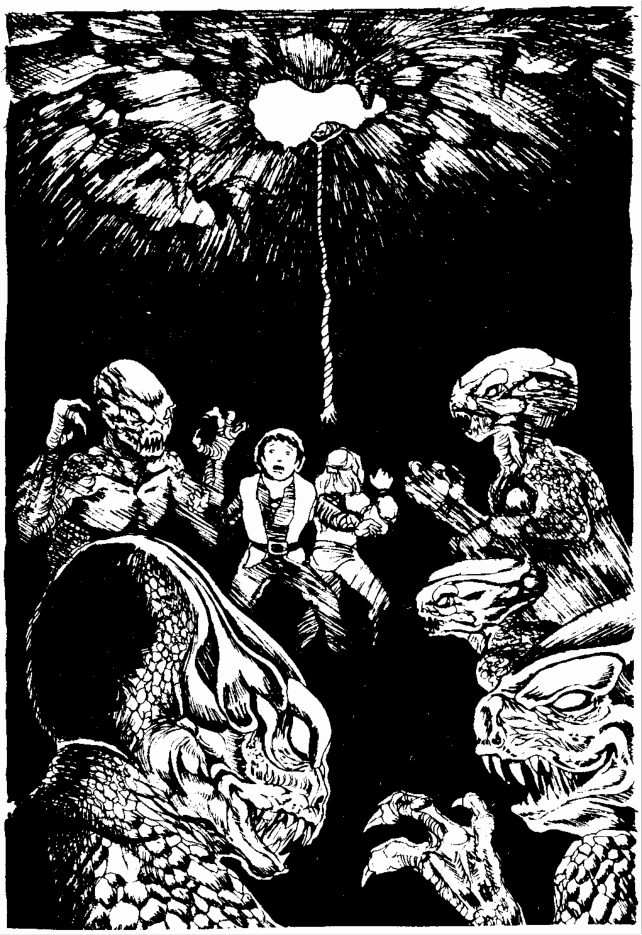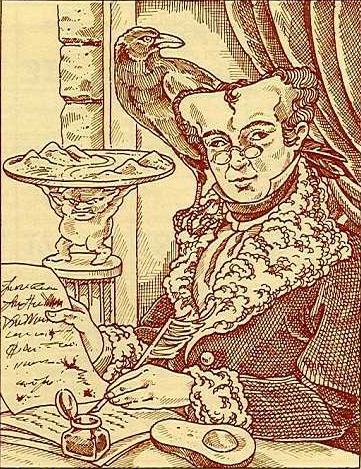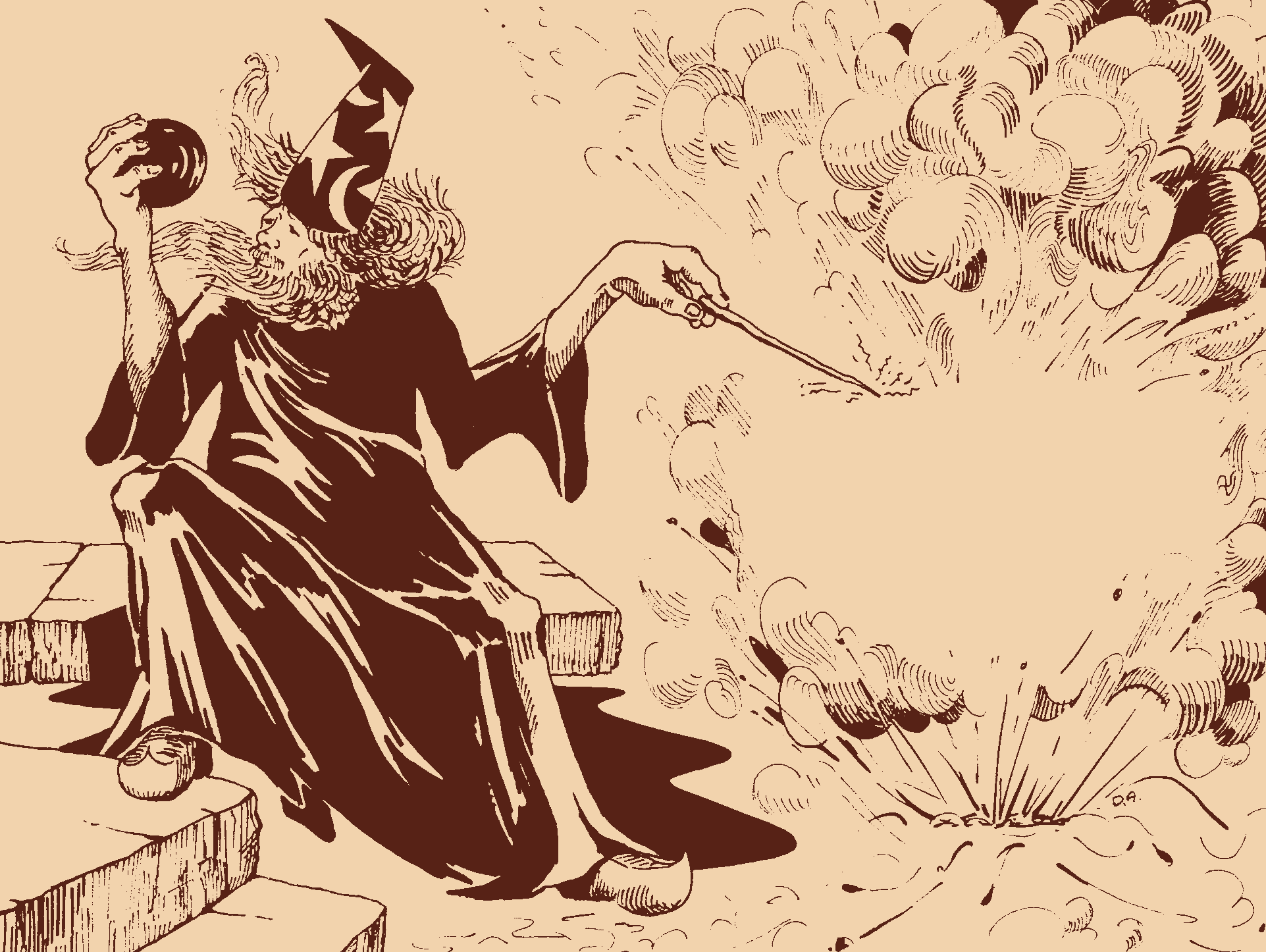Put a Zork in It (original) (raw)

I remember seeing magazine ads for Zork and other text-based adventure games when I was a kid, and thought they seemed pretty fascinating. I never actually got to play any of them at the time, though. I don’t think they could even run on the kind of computer we had then. In college, I did play through the Infocom version of The Hitchhiker’s Guide to the Galaxy, which, as you might suspect, is even weirder than the other games in terms of how to solve things. Someone else helped me out with that. Considerably more recently, I purchased the Zork Anthology on Steam. So far, I’ve only played the first two, and I haven’t finished either of them. Of course, nowadays I can look up a map and/or walkthrough when I get stuck. I think some really hardcore fans made their own maps back in the day, although eventually there were official ones available.
The direct inspiration for Zork was a game called Colossal Cave Adventure, originally just Adventure. The guy who designed it, Will Crowther, based it on his actual experiences in Mammoth Cave in Kentucky, while Don Woods added fantasy elements. Zork was made so that the language would feel a little more natural, allowing for more than just two words in a command. Obviously it’s still pretty limited overall, but it does allow for a lot of different possibilities. The first three games were originally all made as one, but due to limitations, they were released as three separate ones.
All three games takes place mostly underground, in a series of caverns. It’s interesting to me how the concept of dungeons has become so standard in fantasy games. Traditionally, a dungeon is just a prison, but, probably largely due to the influence of Dungeons & Dragons, it came to signify a sprawling labyrinth of rooms and passages, whether in a natural cave or a man-made structure. For some reason, they pretty much always contain a bunch of monsters and treasures, and sometimes are even a society or ecosystem unto themselves. You can get such oddities as a picture gallery, a dam with a maintenance room, a coal mine, and a portal to Hell all pretty close to each other. The explanation in Zork, as hinted in the subtitle, is that you’re exploring the Great Underground Empire, essentially a fallen subterranean civilization now inhabited by a few monsters and one other human. The goal is to gather the various treasures and put them in a case in a house. Whose house is it? The game never says. Since you’re storing stuff there, it seems like it might be your own house, but then you presumably wouldn’t have to crawl in through the window and be constantly inconvenienced by somebody closing the trapdoor to the underground, unless you have a rude roommate or something. Looking it up online, I found that a later game in the series explained that the house was all that was left of the capital city of the Flatheads after it was cursed, and that a guy named Ellron was its current inhabitant. But I don’t think anyone had thought that through back in the early days.
There’s some quite funny narration, and I know I’ve seen references before to such quotes as “you are likely to be eaten by a grue” and “a maze of twisty passages, all alike.” As with a lot of these early games, the puzzles can be pretty hard, and even when you know basically what to do, figuring out exactly how can be confusing. From what I’ve read, this was partially due to fewer amateurs playing computer games at the time. When playing an old game like this, I’m not particularly bothered by the old-fashioned presentation (it’s not that much different from reading a book), but I often am by the difficulty. Things are also complicated by the fact that you can only hold a certain amount of stuff at a time, and even less when you have to squeeze into tight spaces. There’s also a random element in the thief who wanders around the place, later given the name Lucien Kaine. He’ll steal items from you and take ones that are lying around, and I’m pretty sure this can make the game unwinnable depending on what he takes. I thought I was doing pretty well killing the thief early on in one playthrough, only to find out that you need him to remove one treasure from another in order to win. On my latest attempt, I had lost both the sword and the knife, and was unable to kill the guy. He’ll sometimes take your light sources as well, and when you’re left in the dark, that’s when the grues show up. Apparently the original idea was that you’d fall into a pit when in total darkness, but since this didn’t make a whole lot of sense, the grues were introduced. I’ve written before about how Jack Vance influenced the magic system in D&D, and it’s also where the grue comes from, although it was originally a kind of man-bat hybrid.
References to other media are pretty common in the game, including an elven sword that glows blue when monsters are near, a bat who acts like the ones in Hunt the Wumpus, the inscription from Dante’s Inferno on the gates of Hades, the thief looking “lean and hungry” like Cassius in Julius Caesar, and a cyclops who’s the son of Polyphemus and terrified by the mere mention of Odysseus. I don’t think the Flatheads are related to the ones in Oz, although I suspect both are referencing the Native American nation in Montana.
Zork II is a direct continuation of the first, but it introduces a new antagonist and random factor in the demented Wizard of Frobozz, who appears from time to time and casts spells that impede your progress.
I don’t know whether he can take your stuff, but I do know that I can no longer find the newspaper. It also has a dragon, a unicorn (which hangs out in an underground garden), a robot, and a puzzle with magic cakes based on Alice in Wonderland. I’m sure I’ll try out the other games in the anthology at some point.
This entry was posted in Animals, Authors, Douglas Adams, Games, Greek Mythology, Hitchhiker's Guide to the Galaxy, Humor, J.R.R. Tolkien, L. Frank Baum, Lewis Carroll, Magic, Maps, Monsters, Mythology, Oz, Oz Authors, Video Games, William Shakespeare and tagged alice's adventures in wonderland, bats, cassius, colossal cave adventure, cyclops, dante alighieri, divine comedy, don woods, dungeons, dungeons and dragons, flatheads, glinda of oz, great underground empire, grues, hades, hell, hunt the wumpus, inferno, infocom, jack vance, julius caesar, lucien kaine, odysseus, odyssey, polyphemus, swords, the dying earth, the zork anthology, weapons, will crowther, wizards, zork, zork i, zork ii. Bookmark the permalink.